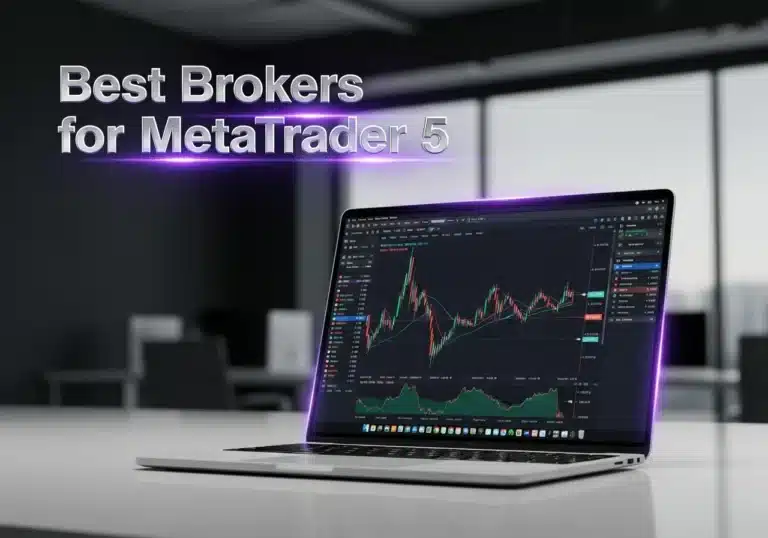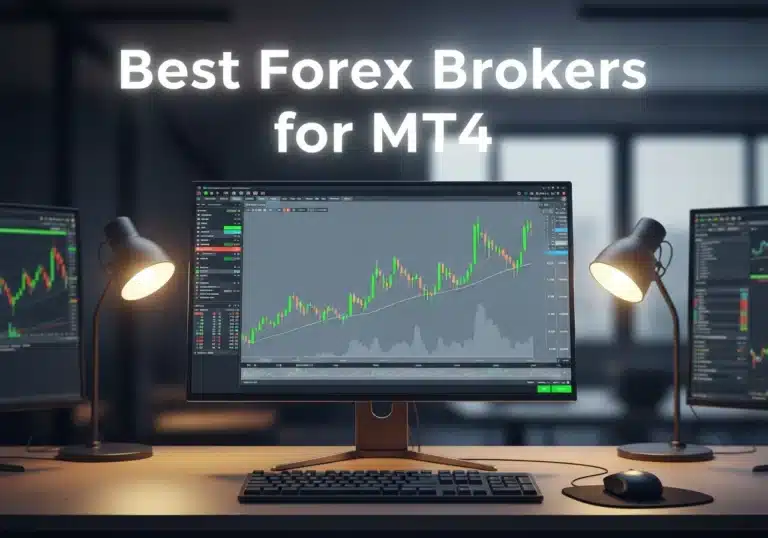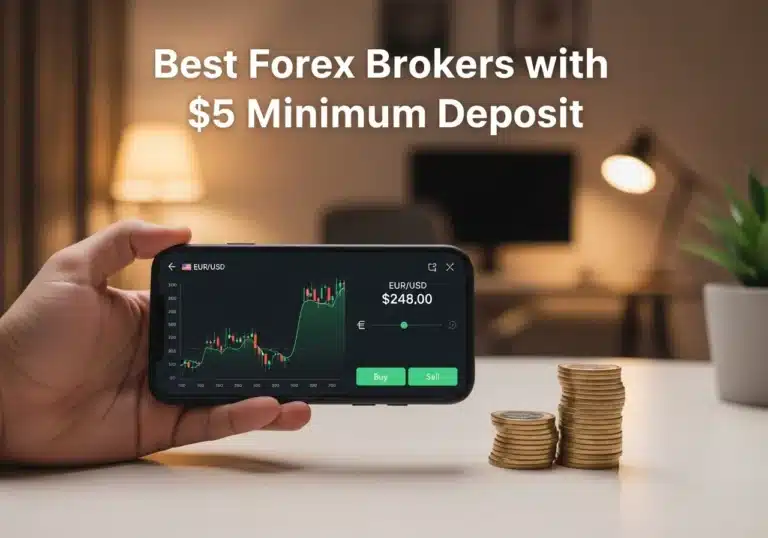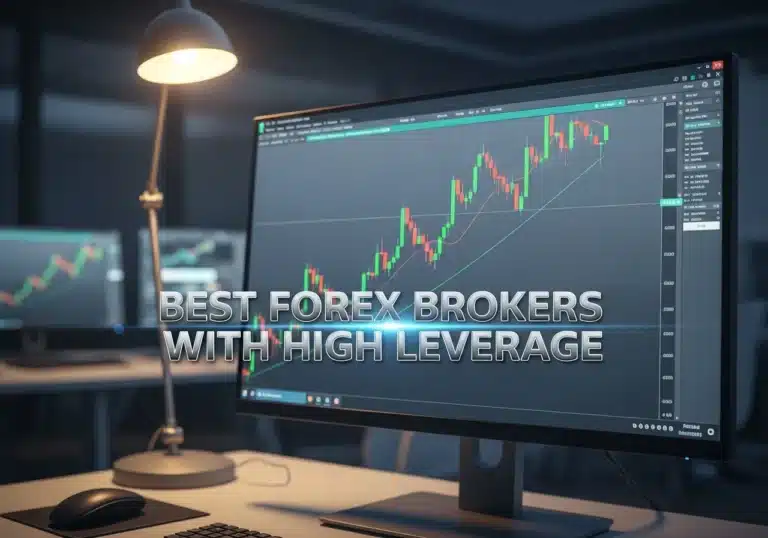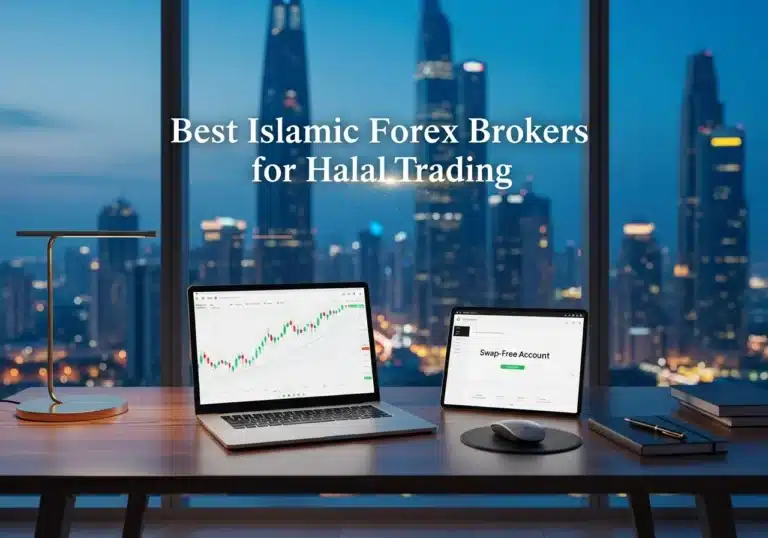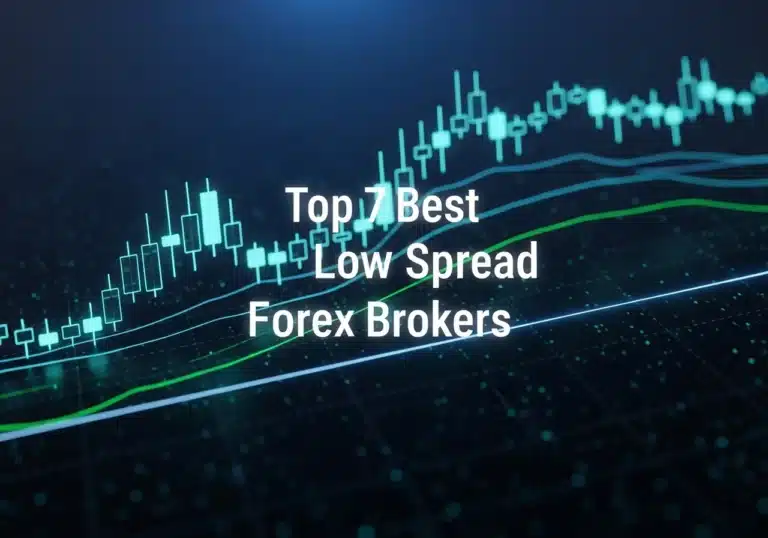Futures trading in the forex market is a complex and dynamic field that offers numerous opportunities for traders and investors. This comprehensive guide aims to delve deep into the intricacies of forex futures trading, providing insights into the differences between the spot market and the futures market, understanding futures contracts, the benefits and risks associated with futures trading, and comparisons with other forex products. Additionally, this article will identify who should consider trading forex futures and conclude with frequently asked questions to help you navigate this fascinating domain. When engaging in futures trading, it’s essential to choose a regulated forex broker to ensure a safe and transparent trading experience.

Forex Spot Market vs. Futures Market
When it comes to trading currencies, two primary markets exist: the forex spot market and the forex futures market. Each offers distinct features and benefits tailored to different trading strategies and risk appetites. Understanding the differences between these markets is crucial for traders looking to engage in currency trading effectively.

Key Differences
Settlement
- Spot Market: Immediate exchange of currencies at the current market rate (spot rate). Settlement typically within two business days (T+2). Decentralized and over-the-counter (OTC) market.
- Futures Market: Involves standardized contracts to buy or sell currency at a predetermined price on a future date. Traded on regulated exchanges like the CME with fixed quarterly expiration dates. Settlement through physical delivery or cash settlement based on price differences.
Leverage
- Spot Market: Variable leverage often exceeding 100:1, allowing control of larger positions with less capital.
- Futures Market: Offers leverage, but typically lower than spot market ratios. Margin requirements ensure risk management while leveraging capital.
Regulation and Oversight
- Spot Market: Global and decentralized, varying in regulation. Potential risks include counterparty creditworthiness and market integrity.
- Futures Market: Regulated by bodies like the CFTC in the US. Ensures transparency, standardized contracts, and protection against fraud and manipulation.
Market Dynamics
- Spot Market: Participants include banks, corporations, hedge funds, and retail traders. Highly liquid with continuous global operation.
- Futures Market: Attracts institutional investors, hedge funds, and speculators. Used for hedging and speculation with regulated trading hours and enhanced market integrity.
Advantages and Disadvantages
- Spot Market:
- Advantages: Immediate execution, high liquidity, flexible trading strategies.
- Disadvantages: Higher counterparty risk, non-standardized contracts, varying regulatory oversight.
- Futures Market:
- Advantages: Standardized contracts, regulated environment, hedging opportunities.
- Disadvantages: Lower leverage, margin requirements, less trade flexibility compared to spot market.
By understanding these differences, traders can choose the market that best aligns with their trading strategies, risk tolerance, and regulatory preferences.
Understanding Forex Futures Contracts
Forex futures contracts are standardized agreements that obligate the buyer to purchase and the seller to sell a specific amount of currency at a predetermined price on a set future date. These contracts play a crucial role in the forex market, offering a structured, regulated way to trade currency pairs.
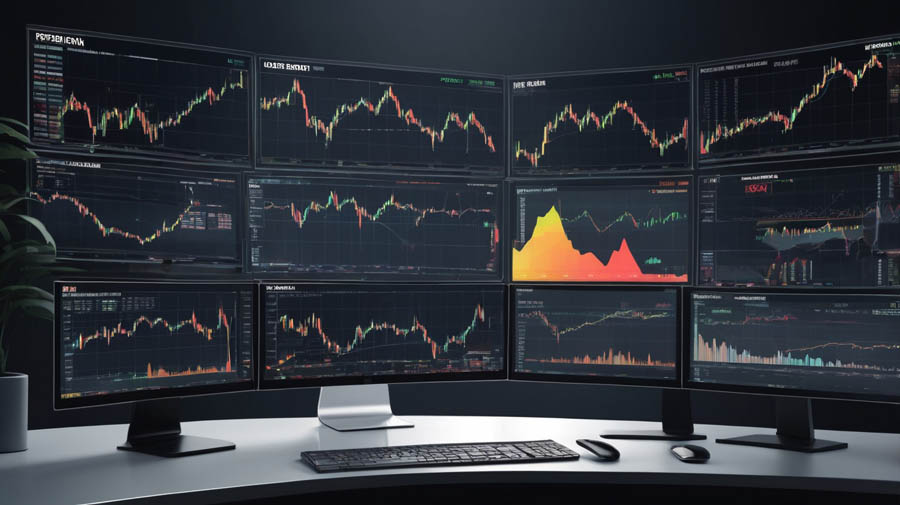
Key Features of Forex Futures Contracts
- Standardization Forex futures contracts are standardized in terms of size, expiration dates, and price quotes. This standardization ensures consistency and transparency in trading, facilitating easy comparison and execution of contracts.
- Contract Size Each futures contract represents a fixed quantity of the underlying currency. For example, EUR/USD futures on the CME typically represent 125,000 euros, promoting liquidity and uniformity in trading.
- Expiration Dates Futures contracts have fixed expiration dates, usually quarterly (e.g., March, June, September, December). Traders must be aware of these dates to manage positions effectively.
- Price Quotes Prices are quoted in terms of the base currency. For instance, in EUR/USD futures, prices are quoted in US dollars per euro. Price movements (ticks) represent the smallest increment of change, influencing contract values.
How Forex Futures Contracts Work
Forex futures are traded on regulated exchanges like the CME:
- Trading Platforms: Contracts are traded electronically on platforms such as CME Globex, offering real-time data and efficient order execution.
- Opening a Position: Traders place market or limit orders through brokerage accounts to initiate positions.
- Margin Requirements: Maintaining a margin account is necessary, with initial and maintenance margins set to manage risk and position stability.
- Settlement: Contracts are settled on expiration; most traders close positions before maturity for profit or to limit losses. Settlement can be physical or cash-based, depending on the contract.
Read More: Understanding Copy Trading on Opofinance
Benefits of Standardization in Forex Futures
- Transparency and Liquidity Standardization ensures high liquidity and transparency, facilitating efficient trading and price discovery.
- Regulated Environment Trading on regulated exchanges reduces counterparty risk and ensures compliance with market rules, protecting traders from fraud and manipulation.
- Accessibility Standardized contract terms make it easier for retail traders to participate, develop strategies, and manage positions effectively.
Understanding Contract Specifications
To trade forex futures effectively, understanding specific contract details is crucial:
- Tick Size and Value: Knowing tick sizes helps manage risk and calculate potential profits or losses accurately.
- Contract Expiry Cycles: Planning around quarterly expiry cycles is essential for strategy development.
- Settlement Methods: Understanding cash or physical settlement options is important based on trading goals.
- Trading Hours: Almost 24-hour trading availability allows traders to capitalize on global market movements.
By comprehending these aspects, traders can utilize forex futures contracts to manage risk, speculate on currency movements, and participate effectively in the forex market.
Benefits of Using Forex Futures
Forex futures contracts offer several advantages that appeal to traders and investors:

- Hedging Existing Forex Exposure Forex futures are effective tools for hedging currency risk. Businesses and investors can use futures contracts to lock in exchange rates, protecting against adverse currency movements. For example, a company expecting payment in euros can sell EUR/USD futures to secure the current exchange rate, mitigating potential losses if the euro depreciates.
- Speculating on Future Exchange Rate Movements Traders use forex futures to speculate on currency movements over time. Unlike the spot market, futures contracts have fixed expiration dates, allowing traders to profit from anticipated price movements. For instance, buying yen futures contracts enables a trader to profit if the yen appreciates against the dollar by contract expiration.
- Leverage Forex futures contracts offer leverage, allowing traders to control larger positions with a smaller initial investment. While leverage enhances potential gains, it also increases the risk of losses. Traders must manage positions carefully and adhere to margin requirements set by exchanges to amplify investment potential effectively.
- Increased Market Liquidity Forex futures benefit from high liquidity on regulated exchanges like the CME. Standardized contract sizes and expiration dates ensure robust trading activity with tight spreads and efficient price discovery. High liquidity facilitates easy entry and exit from positions, minimizing trading costs and enhancing market transparency.
- Regulatory Oversight and Transparency Trading forex futures occurs on regulated exchanges under government oversight, ensuring fair practices and market integrity. Regulatory frameworks like the CFTC in the US provide clear rules on contract terms, margin requirements, and dispute resolution. This transparency protects traders from fraud and manipulation.
- Risk Management Forex futures enable effective risk management strategies by hedging currency exposures or diversifying portfolios. Contracts provide certainty in future transaction prices, aiding businesses in budgeting and planning. Stop-loss orders and other risk mitigation tools help traders limit losses and safeguard capital in volatile market conditions.
By leveraging these advantages, traders and investors can effectively manage currency risk, capitalize on market opportunities, and enhance overall investment strategies through forex futures contracts.
Risks of Forex Futures Trading
Forex futures contracts offer benefits but carry inherent risks that traders must manage effectively to participate in the market:

- High Leverage Forex futures involve leverage, amplifying potential profits but also magnifying losses. Overleveraging can lead to significant financial risks if trades move against expectations. Adhering to margin requirements and implementing robust risk management strategies is essential.
- Potential for Margin Calls Maintaining a margin account is crucial in forex futures trading. If account equity falls below the required level due to market movements, a margin call may be issued. Traders must either deposit additional funds or reduce positions to meet margin requirements and avoid forced liquidation.
- Market Volatility The forex market’s volatility can cause rapid and unpredictable price movements, impacting futures contract values. Traders must anticipate and manage volatility, considering its effects on trading strategies, risk exposure, and overall profitability.
- Short-Term Price Fluctuations Intraday price fluctuations in forex futures markets, driven by economic news or geopolitical events, can result in swift gains or losses. Traders employing short-term strategies must adeptly manage risk and execute trades to capitalize on market opportunities.
- Costs Associated with Trading Trading forex futures incurs various costs, including commissions, exchange fees, and financing charges. High-frequency trading and frequent position turnover can increase transaction costs, affecting net returns. Traders should factor these costs into their trading plans.
- Regulatory and Counterparty Risks Despite trading on regulated exchanges, forex futures traders face regulatory risks from changes in market regulations and policies. They also bear counterparty risk, although minimized compared to OTC markets. Choosing reputable brokers and counterparties mitigates these risks.
By understanding and effectively managing these risks, traders can navigate forex futures markets with greater confidence and improve their chances of achieving trading objectives while safeguarding against potential pitfalls.
Read More: OpoFinance Deposit and Withdrawal Tutorial
Comparing Forex Futures with Other Forex Products
Forex futures are just one of several financial instruments available to traders. Understanding the pros and cons of forex futures compared to other products can help traders make informed decisions.

Forex Spot Trading
Pros
- Immediate Settlement: Transactions are settled immediately or within two business days, providing quick access to funds.
- High Liquidity: The spot market is highly liquid, with vast trading volumes and tight spreads, making it easy to enter and exit positions.
- High Leverage: Traders can control large positions with a relatively small amount of capital, amplifying potential gains.
Cons
- Higher Risk Due to Leverage: High leverage can lead to significant losses, especially in volatile markets.
- Less Regulated: The spot market is less regulated compared to the futures market, increasing counterparty risk.
- Vulnerable to Short-Term Volatility: Prices can fluctuate rapidly due to market news and events, making it challenging to predict short-term movements.
Currency Options
Pros
- Flexibility: Options provide the right, but not the obligation, to buy or sell currency at a specified price before the option expires, offering more flexibility in trading strategies.
- Limited Risk: The maximum loss is limited to the premium paid for the option, providing a clear understanding of potential losses.
- Various Strategies: Traders can implement a wide range of strategies, including hedging and speculative plays, using options.
Cons
- Complex Pricing Structures: Options have intricate pricing models, making them challenging to understand for novice traders.
- Potentially High Premiums: The cost of purchasing options can be high, especially for longer-term contracts or volatile currency pairs.
- Requires Understanding of Options Strategies: Successful options trading requires a deep understanding of various strategies and market conditions.
CFDs (Contracts for Difference)
Pros
- Access to a Wide Range of Markets: CFDs allow traders to speculate on various markets, including forex, stocks, commodities, and indices, providing diversification opportunities.
- High Leverage: CFDs offer high leverage, enabling traders to control large positions with a small amount of capital.
- No Expiration Dates: CFDs do not have expiration dates, allowing traders to hold positions as long as they want.
Cons
- Not Available in All Regions: The availability of CFDs depends on regional regulations, and they may be restricted or banned in some areas.
- Potential for Significant Losses: High leverage can lead to substantial losses, especially for inexperienced traders.
- Costs: Trading CFDs involves costs such as spreads, overnight fees, and commissions, which can affect profitability.
Who Should Consider Forex Futures Trading?
Forex futures trading appeals to diverse participants with specific needs and objectives in currency markets, offering benefits but requiring knowledge, risk tolerance, and financial capability.
- Experienced Forex Traders Experienced traders adept in market dynamics, technical and fundamental analysis, and risk management find forex futures appealing. Futures contracts allow strategic positioning based on market forecasts and economic trends, potentially yielding significant profits over longer horizons.
- Institutional Investors Hedge funds, asset managers, and pension funds utilize forex futures to hedge currency exposures or diversify portfolios. Futures provide structured, regulated platforms with transparent pricing and liquidity, ideal for efficiently executing large trades.
- Businesses with Foreign Currency Exposure Businesses involved in international trade hedge against currency risk using forex futures. Hedging protects profit margins, manages cash flow, and mitigates currency volatility impacts on financial performance, enabling focus on core operations.
- Investors Seeking Portfolio Diversification Investors diversifying beyond stocks and bonds consider forex futures for exposure to global currency markets. Futures offer opportunities for capital appreciation through currency price movements, enhancing portfolio stability by spreading risk across asset classes.
- Speculators and Risk-Tolerant Traders Risk-tolerant traders profit from forex futures by leveraging short-term or long-term currency movements. Futures contracts enable speculators to capitalize on market outlooks, leveraging technical analysis and market timing to potentially achieve substantial returns.
- Individuals with Advanced Trading Skills Retail traders with advanced skills and understanding of market fundamentals use forex futures to actively participate in currency markets. Futures trading requires careful risk management and adherence to margin requirements, accessible through online brokerage platforms offering robust analysis tools and order execution capabilities.
By catering to these diverse groups, forex futures trading provides structured avenues for managing risk, capitalizing on market opportunities, and achieving financial objectives in global currency markets.
Conclusion
Forex futures trading offers a regulated, transparent, and structured way to engage in the forex market. It provides opportunities for hedging currency risk and speculating on future exchange rate movements. While the benefits are significant, traders must also be aware of the associated risks, including high leverage, margin calls, and market volatility. Understanding the intricacies of futures contracts, implementing effective risk management strategies, and continuously educating oneself about market dynamics are essential for success in this field.
What is the difference between forex futures and forex options?
Forex futures involve standardized contracts with fixed terms, obligating both parties to fulfill the contract upon expiration. In contrast, forex options provide the right, but not the obligation, to buy or sell currency at a specified price before the option expires. Options offer more flexibility but require a premium payment.
Can beginners trade forex futures?
While it’s possible for beginners to trade forex futures, it is not recommended due to the complexity and risks involved. Beginners should gain experience in less leveraged markets and develop a strong understanding of forex trading principles before attempting futures trading.
How are forex futures taxed?
Tax treatment of forex futures can vary by jurisdiction. In the United States, forex futures are typically subject to the 60/40 rule, where 60% of gains are taxed as long-term capital gains and 40% as short-term gains. It’s important to consult with a tax professional to understand the specific tax implications in your region.


